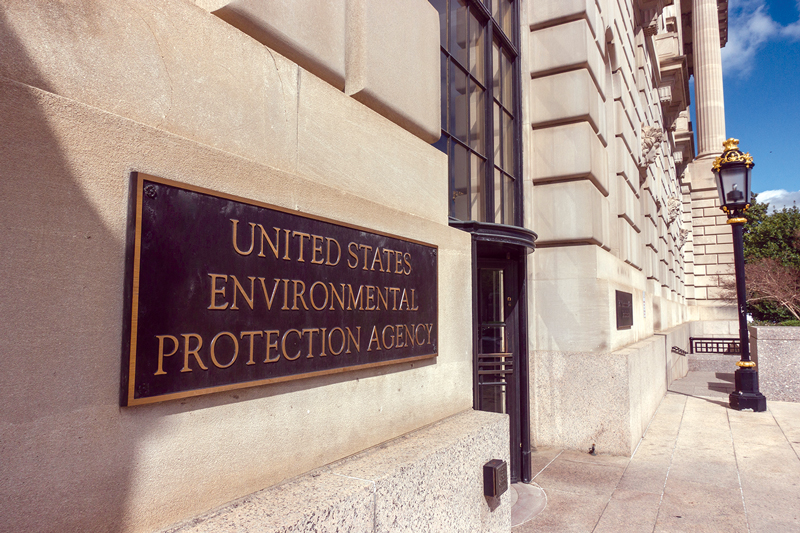EPA Excludes Existing Natural Gas Plants from Proposed Carbon Rule
(Reuters) — The U.S. Environmental Protection Agency on Thursday said it will exclude existing natural gas power plants from its proposed carbon regulations that it plans to finalize in April, narrowing the scope of the initial proposal that would have required stringent controls on those facilities.
The electric sector had questioned whether the EPA had authority to force use of technologies that the sector said are not economically or technically feasible for widespread use. Some environmental groups expressed disappointment, citing the need to cut greenhouse gas emissions.
The EPA said it still plans to finalize standards this spring to cut carbon dioxide emissions from existing coal and new gas-fired power plants, but will re-propose wider-scale regulations targeting the entire fleet of gas plants at a later date.
"The agency is taking a new, comprehensive approach to cover the entire fleet of natural gas-fired turbines, as well as cover more pollutants including climate, toxic and criteria air pollution,” said EPA Administrator Michael Regan.
Last May, the EPA proposed a set of standards that would push power companies to install carbon capture equipment (CCS) that can siphon the CO2 from a plant’s smokestack before it reaches the atmosphere, or use super-low-emissions hydrogen as a fuel. The standards covered both existing and new gas-fired power plants.
The agency had projected the standards would cut carbon emissions from coal plants and new gas plants by 617 million tonnes between 2028 and 2042, the equivalent of reducing the annual emissions of 137 million passenger vehicles.
Comments received by the agency questioned whether the EPA had the legal basis to require installation of technologies like carbon capture and sequestration and hydrogen cofiring since these technologies are not widely used.
The Edison Electric Institute, a trade group of investor-owned utilities, said on Thursday that it had "identified significant challenges for existing natural gas generation in EPA’s proposed rule from last May.
"We appreciate that EPA has acknowledged our concerns with the proposed regulations for existing natural gas. We know that the agency likely will repropose regulations for these units once this rule is finalized," said Emily Sanford Fisher, General Counsel of EEI, in a statement.
Some environmental groups said they were disappointed that EPA delayed regulating existing gas plants.
“Greenhouse gas emissions from power plants have gone uncontrolled for far too long, and we have no more time to waste,” said Frank Sturges, an attorney at the Clean Air Task Force.
Regan said EPA plans to hear from stakeholders in another comment period but said the new proposal will take a "stronger, more durable approach" and address a range of criteria pollutants and air toxics, in addition to carbon dioxide.
Related News
Related News

- Keystone Oil Pipeline Resumes Operations After Temporary Shutdown
- Freeport LNG Plant Runs Near Zero Consumption for Fifth Day
- Biden Administration Buys Oil for Emergency Reserve Above Target Price
- Mexico Seizes Air Liquide's Hydrogen Plant at Pemex Refinery
- Enbridge to Invest $500 Million in Pipeline Assets, Including Expansion of 850-Mile Gray Oak Pipeline





Comments